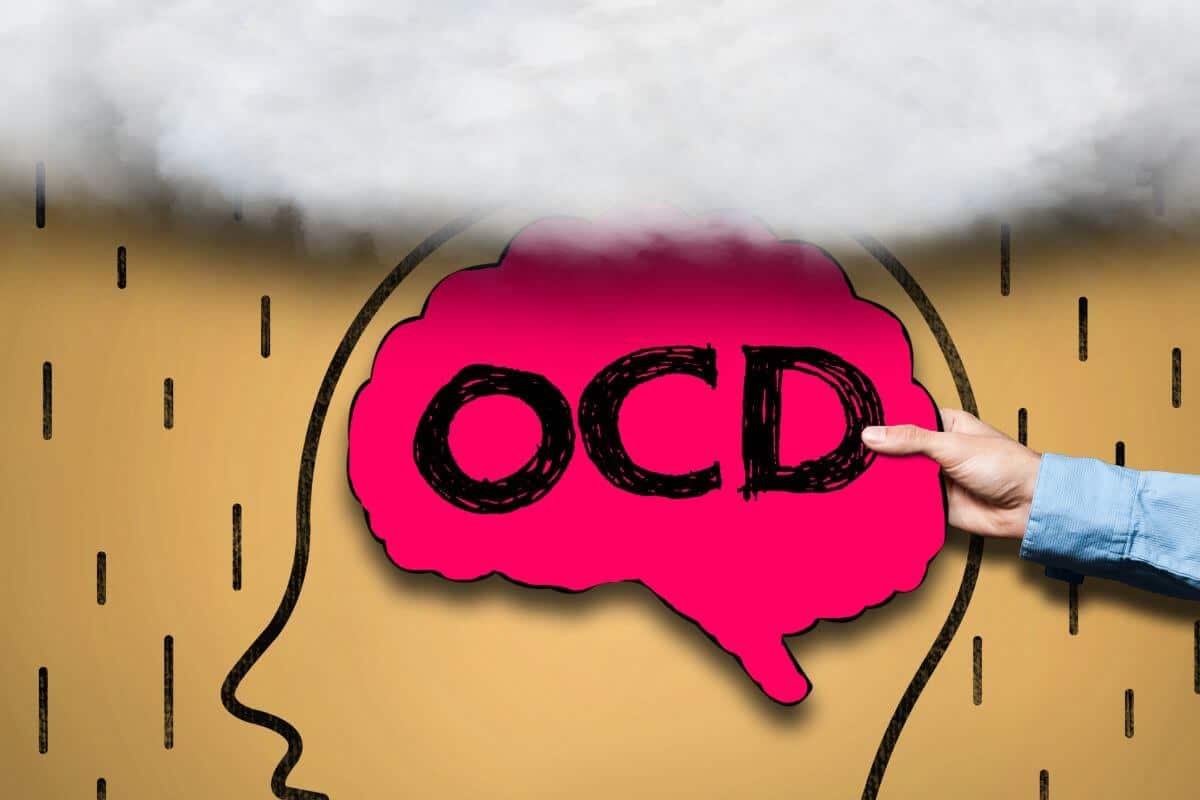OCD, or Obsessive-Compulsive Disorder, is a mental health condition that affects millions of people worldwide. Individuals with OCD experience recurring thoughts (obsessions) and repetitive behaviors (compulsions) that can interfere with daily life. Thankfully, there are effective therapies available to help those struggling with OCD break free from its grip and regain control over their lives. In this article, we will explore different therapies that have been found to be successful in treating OCD.
Cognitive-Behavioral Therapy (CBT)
Cognitive-Behavioral Therapy, or CBT, is a widely used and effective treatment for OCD. This type of therapy focuses on identifying and changing negative thought patterns and behaviors that contribute to the disorder. In the case of OCD, the therapist works with the individual to challenge and reframe the obsessive thoughts and compulsive behaviors.
Components of CBT for OCD:
- Exposure and Response Prevention (ERP): This involves exposing the individual to their obsessive triggers in a controlled environment and teaching them how to resist the urge to engage in compulsive behaviors.
- Cognitive Restructuring: This component focuses on challenging and changing the irrational beliefs and thought patterns that drive the obsessions and compulsions.
- Relapse Prevention: Therapists work with individuals to develop strategies to prevent relapse and maintain progress after completing treatment.
Acceptance and Commitment Therapy (ACT)
Acceptance and Commitment Therapy, or ACT, is another therapeutic approach that has shown promise in treating OCD. ACT encourages individuals to accept their thoughts and feelings without judgment while also committing to making positive changes in their behavior. This therapy focuses on mindfulness, values, and committed action.
Key Components of ACT for OCD:
- Mindfulness: Individuals learn to observe their thoughts and feelings without becoming attached to them, reducing the power of obsessions.
- Values Clarification: Therapists help individuals identify their core values and use them as motivation to make meaningful changes in their lives.
- Committed Action: This involves setting goals and taking steps towards living a more fulfilling life, even in the presence of obsessions and compulsions.
Medication
Medication can also be an effective component of treatment for OCD, particularly in combination with therapy. Selective serotonin reuptake inhibitors (SSRIs) are commonly prescribed for OCD and can help reduce the frequency and intensity of obsessive thoughts and compulsive behaviors.
Types of Medications Used for OCD:
- Fluoxetine (Prozac)
- Sertraline (Zoloft)
- Fluvoxamine (Luvox)
- Paroxetine (Paxil)
- Clomipramine (Anafranil)
Self-Help Strategies
In addition to professional therapy and medication, there are several self-help strategies that individuals with OCD can incorporate into their daily lives to manage symptoms and promote recovery.
Self-Help Techniques for OCD:
- Practice mindfulness and deep breathing exercises to reduce stress and anxiety levels.
- Engage in regular physical exercise to improve overall well-being and reduce OCD symptoms.
- Establish a routine that includes healthy habits such as adequate sleep, a balanced diet, and regular relaxation.
- Join a support group or seek out online resources to connect with others who understand what you're going through.
- Use visualization techniques to imagine yourself overcoming OCD-related challenges and achieving your goals.
Seeking Professional Help
If you or someone you know is struggling with OCD, it's essential to seek professional help from a qualified mental health provider. A therapist or psychiatrist can assess your symptoms, provide an accurate diagnosis, and recommend appropriate treatment options based on your individual needs.
When to Seek Professional Help:
- If OCD symptoms are significantly impacting your daily life and activities.
- If you have difficulty controlling obsessive thoughts and compulsive behaviors on your own.
- If OCD is causing distress and affecting your relationships, work, or overall well-being.
- If self-help strategies have not been successful in managing symptoms effectively.
Remember, OCD is a treatable condition, and with the right combination of therapies and support, individuals can break free from its grip and lead fulfilling, healthy lives. Don't hesitate to reach out for help and take the first step towards recovery.
